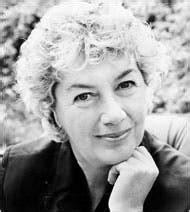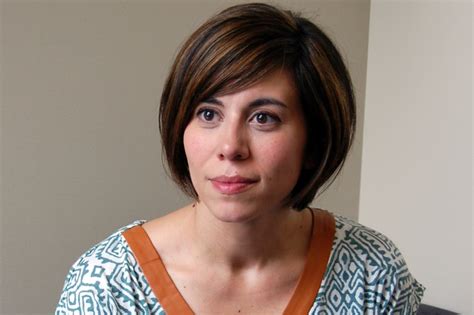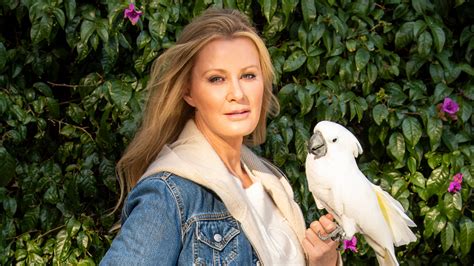A Quote by Mitch Albom
I had a very high-grade publisher tell me I was incapable of writing a memoir.
Related Quotes
When I was writing the memoir, every page was a battle with myself because I knew I had to tell the truth. That's what the memoir form demands. I also had to figure out how much of the truth do I tell, how do I make the truth as balanced as I possibly can? How do I make these people as complicated and as human and as unique and as multifaceted as I possibly can? For me, that was the way I attempted to counteract some of that criticism.
Novels are completed when they are finished, but the memoir changes its own conclusion by virtue of being written... I was not at all the same person, when I handed the manuscript to the publisher, as I had been when I began. A memoir may always be retrospective, but the past is not where its action takes place.
Through the process of specifically writing this memoir, there was so much reckoning that I had to do. It was very difficult. It doesn't erase anything that happened, but I think that it was healthy for me to do it. The teenage self-loathing that I suffered from all of a sudden found itself turned into rapids with my grief after my brother died. I turned it inwards. In the same way that my mom processes her grief and her problems. This project, as a memoir, has helped me funnel it outwards.
I didn't know until high school that I was interested in writing in any real way. But there was this boy that I had a crush on, and I used to tell him all the time what I felt about him. Finally he gave me a blank journal and said to write it all down - and it didn't take me very long to realize how much I loved writing.
Right now in American writing there is no genre as exciting as memoir - the writer can do anything, as long as it works. It's like the 1920s up in this joint. So, I'd say, experiment with how you tell the story. In the best memoir it's not the what, it's how the writer tells the what - meaning and effect through form.
I never went to high school. I never really finished eighth grade. I was kicked out of seventh grade once and eighth grade twice. Mainly for not showing up and not doing it. Then I went to an alternative high school for part of what would have been ninth grade and part of what would have been 10th grade.
Going from memoir to fiction was fantastic. I had been afraid to move away from memoir; I'd written some novel drafts, but they weren't well received by my agent at the time, and it had been drilled into me that "memoir outsells fiction two to one" (not sure if that's true anymore, or if it ever was), so I felt like the only smart thing to do, professionally, was to keep mining my life for painful moments to recapitulate.





































